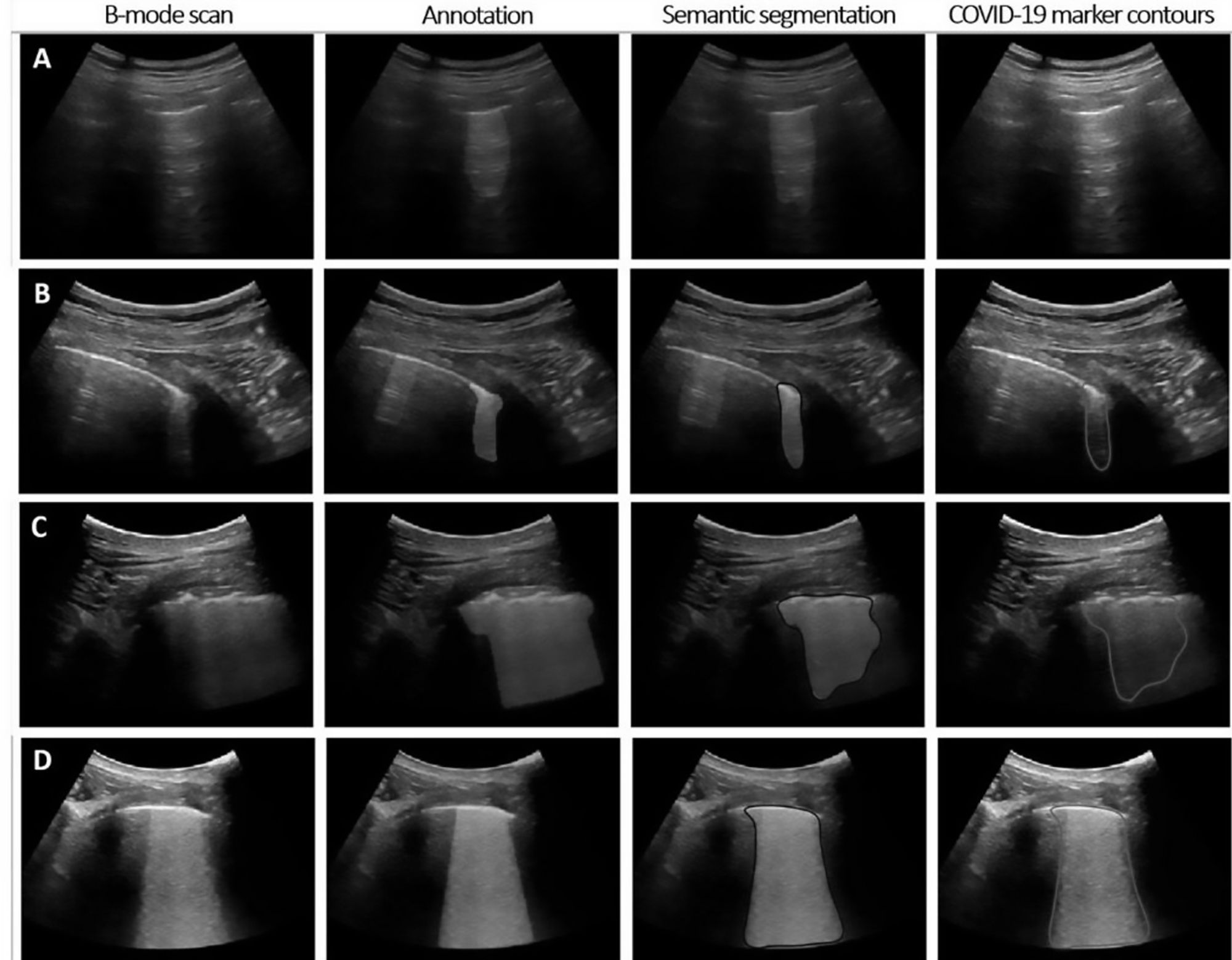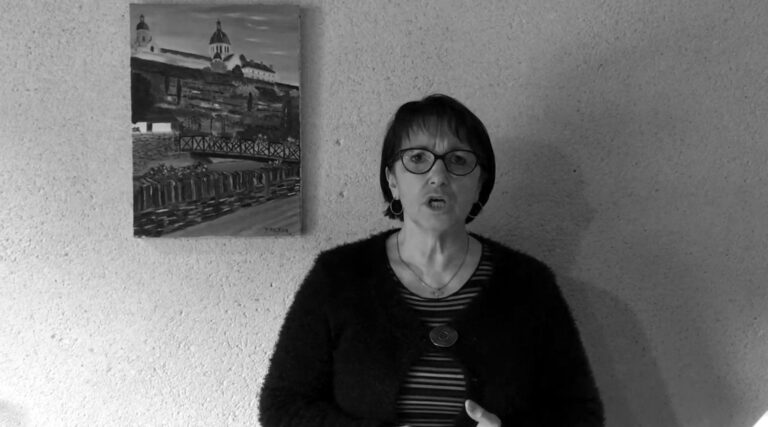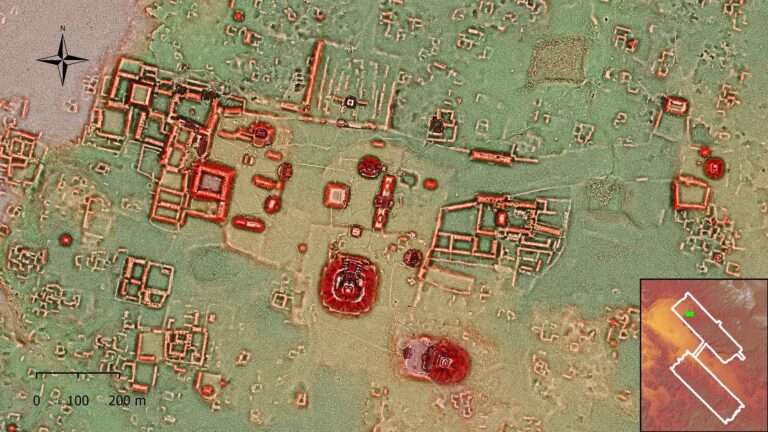Dutch scientists have created an artificial intelligence algorithm that can determine in minutes the severity of the damage caused to the lungs from COVID-19 by using data from coronavirus hit patients from Trento in northern Italy.
A team at the Eindhoven University of Technology led by lecturer Ruud van Sloun and four PhD students have been working day and night on the new AI algorithm.
According to Van Sloun the program, an update of the operating system of a standard ultrasound scan, turns every doctor into an experienced lung specialist.
The ultrasound does not indicate whether COVID-19 is present, but it does give an indication of the seriousness of lung damage on three levels, Van Sloun told local media.
He added: “A score of one means mild symptoms, two is more severe and three is very bad.”
This allows doctors to quickly decide whether a patient may need a ventilator.
The pulmonary echo is easy to read because the normal grey image takes on a colour ranging from orange for light damage to red for heavy damage.
The result can be seen within minutes making it possible to examine five patients per hour.
The ultrasound shows abnormalities at the edge of the lung and changes in the structure of lung vesicles.
Van Sloun told local media: “Because it’s a learning program, it will be able to become even smarter with each new diagnosis, and thus generate even more accurate images.”
The software program written by the team is made available free of charge. The Catharina Ziekenhuis Eindhoven, which has close ties with the university, will be the first hospital in the Netherlands.
Meanwhile, many Italian hospitals are also planning to work with the new technology.
The TU/e team worked closely with researchers from the University of Trento in northern Italy, where COVID-19 hit hard.
Van Sloun told local media: “We approached them when all hell broke loose there. In Trento they collected a lot of data on the characteristics of deep lung damage. We converted that knowledge and experience into an algorithm.”
To find out more about the author, editor or agency that supplied this story – please click below.
Story By: Delano Langras, Sub-Editor: Michael Leidig, Agency: Central European News
The Ananova page is created by and dedicated to professional, independent freelance journalists. It is a place for us to showcase our work. When our news is sold to our media partners, we will include the link here.




